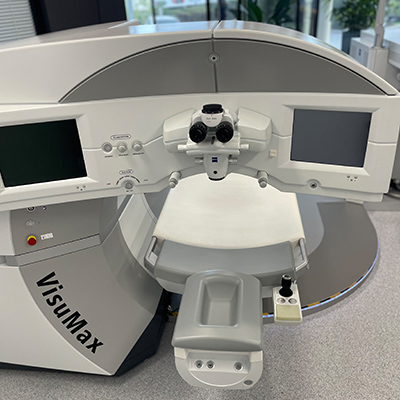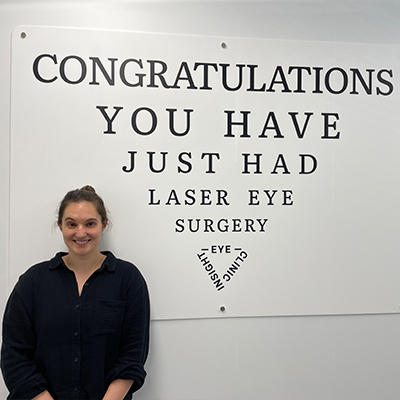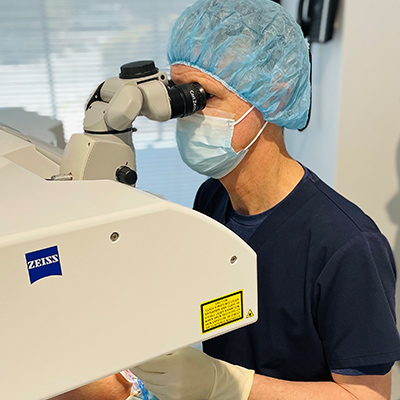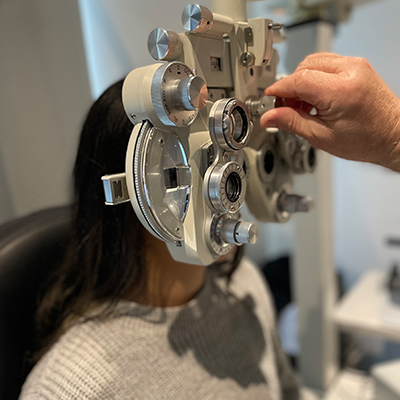Common Cataract Concerns & Questions
Part 1
Welcome to part 1 of a 3 part series all about Cataract Surgery.
Cataracts are the cause of half of blindness and 33% of visual impairment worldwide. With there being so much information available on the internet these days about anything we want, it can be daunting and difficult to find the information that is most relevant to us.
We often seek out information from family and friends who have been in the same situation and a good recommendation is often our preferred method of choosing the right doctor. We definitely agree that a great word of mouth referral rarely steers you in the wrong direction and is the source of almost all of our patients whether it be a patients recommendation or a health professionals’.
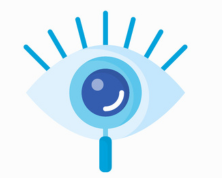 Our eyesight is one of our most precious commodities so we want to be secure in the knowledge that we are choosing the right doctor for the job and have received necessary education. We have compiled some of the most common concerns and questions that we get from our patients when they come to us at Insight Eye Clinic to ensure you make the best possible choice for you and your eyes.
Our eyesight is one of our most precious commodities so we want to be secure in the knowledge that we are choosing the right doctor for the job and have received necessary education. We have compiled some of the most common concerns and questions that we get from our patients when they come to us at Insight Eye Clinic to ensure you make the best possible choice for you and your eyes.
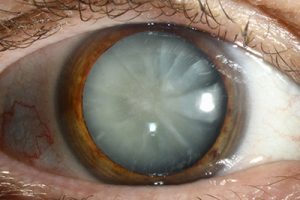 What is a cataract and why do they form?
What is a cataract and why do they form?
Cataracts are most commonly age-related and are formed from a change of the proteins within the crystalline lens which sits just behind your iris inside of your eye. This build up causes a clouding of the lens, therefore, keeps light from passing through the eye and causes reduced vision.
Other causes of cataracts include:
- An inherited congenital condition – Approximately 0.4% of babies are born with congenital cataracts which are a result of one of many causes whilst in utero and sometimes require immediate surgery and other times, are left until later in life when the foggy lens begins to effect the vision more.
- Traumatic – Traumatic cataracts occur secondary to blunt or penetrating ocular trauma.
- Medication – Long-term use of steroids and diuretics can cause an early onset of cataracts.
- Radiation – Exposure to toxic substances, ultraviolet light (specifically UVB) and microwave radiation has also been found to cause cataracts.
- Underlying medical condition – Often, one medical condition will contribute to the development of others and most commonly, diabetes is found to directly affect our eyes, whether it be contributing to or progressing the development of cataracts or diabetic retinopathy which is also a leading cause of blindness is those under 65.
Some common symptoms of cataracts are:
- Vision that is cloudy, foggy, blurry or filmy
- Light sensitivity (particularly at night), glare and halos which can cause difficulty whilst driving
- Yellowing or fading of colours
- Constant changing of glasses or contact lenses with little improvement to vision
- Double vision in the affected eye
What happens during my cataract consultation?
A quick and easy consultation process with your doctor is required prior to cataract surgery. During your consultation, many measurements are taken to ensure the correct lens is selected for your eye using ocular diagnostic equipment. Your pupils will be dilated and this is done using an eye drop that relaxes the iris in order to assess the cataract’s severity in detail and to perform a health check of the whole eye.
Your pre-operative visual acuity will be tested and your tolerance for different visual outcomes will also be tested. In some cases, a contact lens trial is required.




